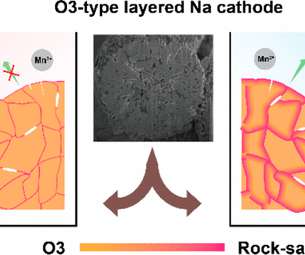BASF announces winners of the open innovation contest on energy storage
Green Car Congress
NOVEMBER 24, 2015
The winning concepts were: A molten air battery that uses a molten salt electrolyte at elevated temperature from Professor Stuart Licht at George Washington University. Sustainable technologies should make it possible to store power from the grid and feed power back into it.











Let's personalize your content